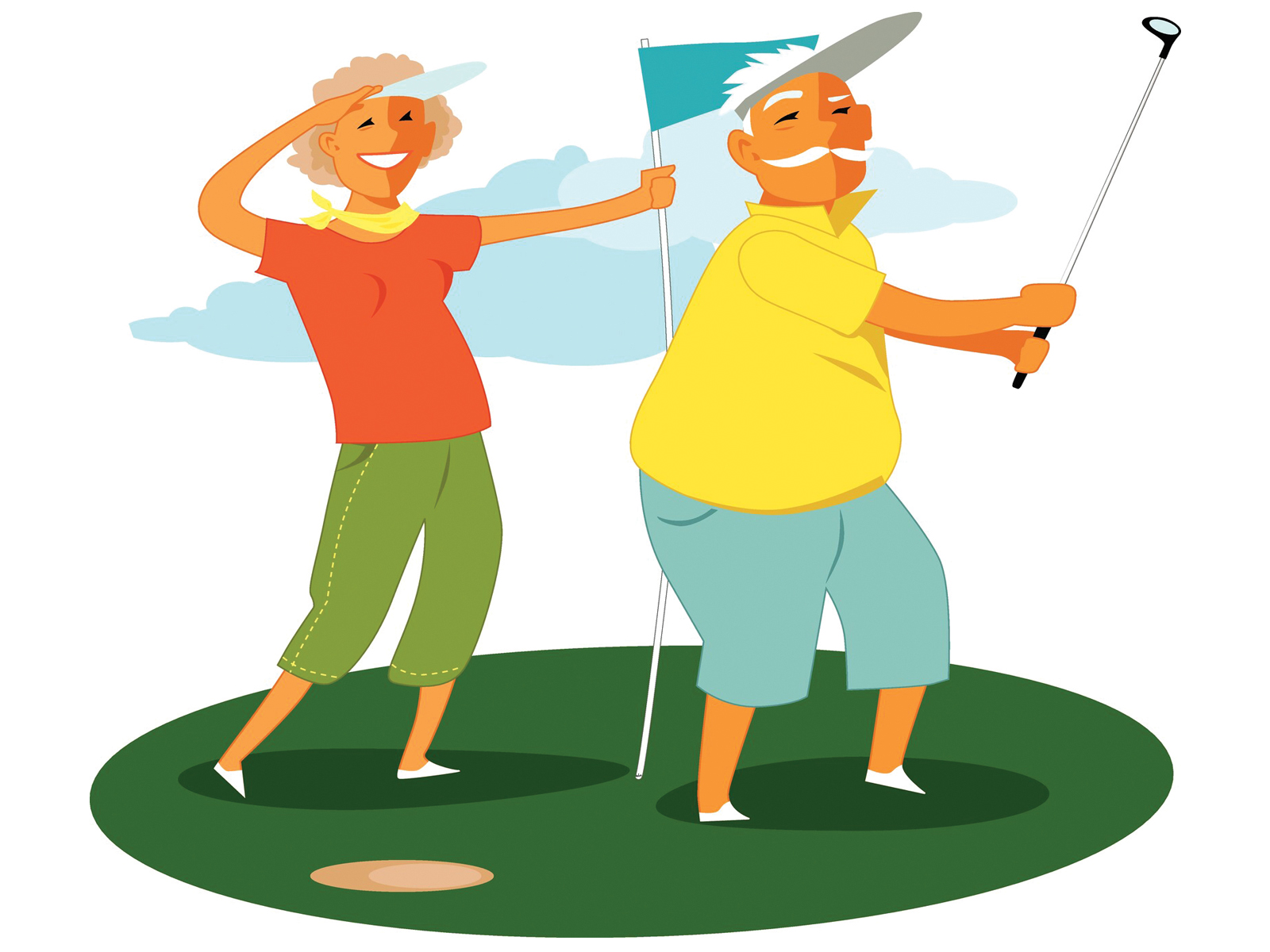One size doesn’t fit all when it comes to activities
By Rick Lauber
Cinderella’s evil step-sisters tried in vain to squeeze their feet into the glass slipper in hopes of winning the handsome prince. Both step-sisters were, of course, unsuccessful as, when it comes to footwear, one size doesn’t fit all. Such is the case with social interaction for all of us.
However, if there is one thing that COVID-19 has taught us, it’s that most of us enjoy and even thrive in the company of others. Medical experts and scientific research both tell us that reduced social interaction can lead to loneliness and, worse yet, personal isolation, depression, loss of sleep, and even a shortened lifespan. Perhaps now more than ever, motivating older adults to participate, and providing a variety of person-centered ideas and recreational activities can really make a difference.
What’s suitable for your senior? The answer will greatly depend on their current abilities, personality and lifestyle. Do they live alone, or with others? Are there local events and activities that they might enjoy? Here are a few things to ask yourself:
What is their physical health like?
Certain health conditions can slow physical movement or require a mobility aid such as a walker, wheelchair, or motorized scooter. Creative thinking ahead of time can result in modified or appropriate activities to avoid disappointment or frustration.
Is there a concern about their mental health?
Participation can become compromised as a result of reduced understanding or focus, and/or confusion. As my father’s Alzheimer’s disease progressed, explaining a more complex activity would have been impossible. Instead, I chose other activities like reading out loud to Dad, looking at pictures or playing music.
Think about personality traits
Family and professional caregivers need to consider the person and be patient when it comes to getting loved ones to try new things or meet new people. Are they shy and reserved? Outgoing? Depressed? Angry? Do they prefer to stick with same old, same old? Is their style to follow a routine (lunch at noon followed by yoga class with the same teacher and group every Friday), or do they prefer different activities and diverse company. Are there any cultural considerations you need to keep in mind?
Background, habits and hobbies
Most adults have lived rich lives and have a lot to share based on their life experience. If you can, get them talking about their travels and the places they’ve been. How many times have we heard, “Oh I wish I’d asked them more about”…after someone has passed? Take time to learn more about their interests, hobbies and even life’s work. You’ll be amazed at who some seniors have met in their lives, who they’ve worked for and what they’ve had the opportunity to explore or learn about. Why not let them share some of their wisdom, advice and very interesting tales. It will be time well spent for both of you.
Consider the person
For introverts, small gatherings will be best. One-on-one meetings for conversation are ideal; however, small group classes can also work—perhaps you or caregivers can arrange a friendly card game with three or four others (close friends will be the best guests as they will be the most familiar). Audiobooks are a quiet activity that involves private listening. Painting or drawing might be of interest or playing the piano/singing. Going for a stroll became my favourite thing to do with my father. Despite his worsening dementia, Dad remained physically active and loved getting out to stretch his legs. Walks could be easy meanders around the block or gentle hikes on slightly more strenuous nature trails. These were always followed up with a trip for ice cream or a specialty coffee!
For extroverts, it’s about regular companionship. Extroverted seniors could attend—or possibly help plan—a party or event with others. Outings can also be effective, safe and invigorating if supervised. Families and/or caregivers can accompany an older adult to a museum, a concert, a recreation centre, a baseball game, or a neighbourhood coffeeshop. Dancing and/or game nights are other enjoyable ventures.
While COVID-19 has resulted in the stiffest restrictions ever on larger gatherings, we have all learned that virtual get-togethers are still quite feasible if the right equipment and set-up support are available. Think tablets, to access Zoom and Facetime for now.
For ambiverts (or those with a balance of introverted and extroverted features), you’ll find they can thrive on both activity and quiet time. As a result, they may be the easiest to please being happy as the life of the party or a laid-back wallflower. You could take an ambiverted senior to a movie, the mall, an art gallery, or the park where others will gather but not necessarily chat.
Rick Lauber is a book author and an established freelance writer. He has written two books, Caregiver’s Guide for Canadians and The Successful Caregiver’s Guide (Self-Counsel Press).
Visit www.ricklauber.com.













